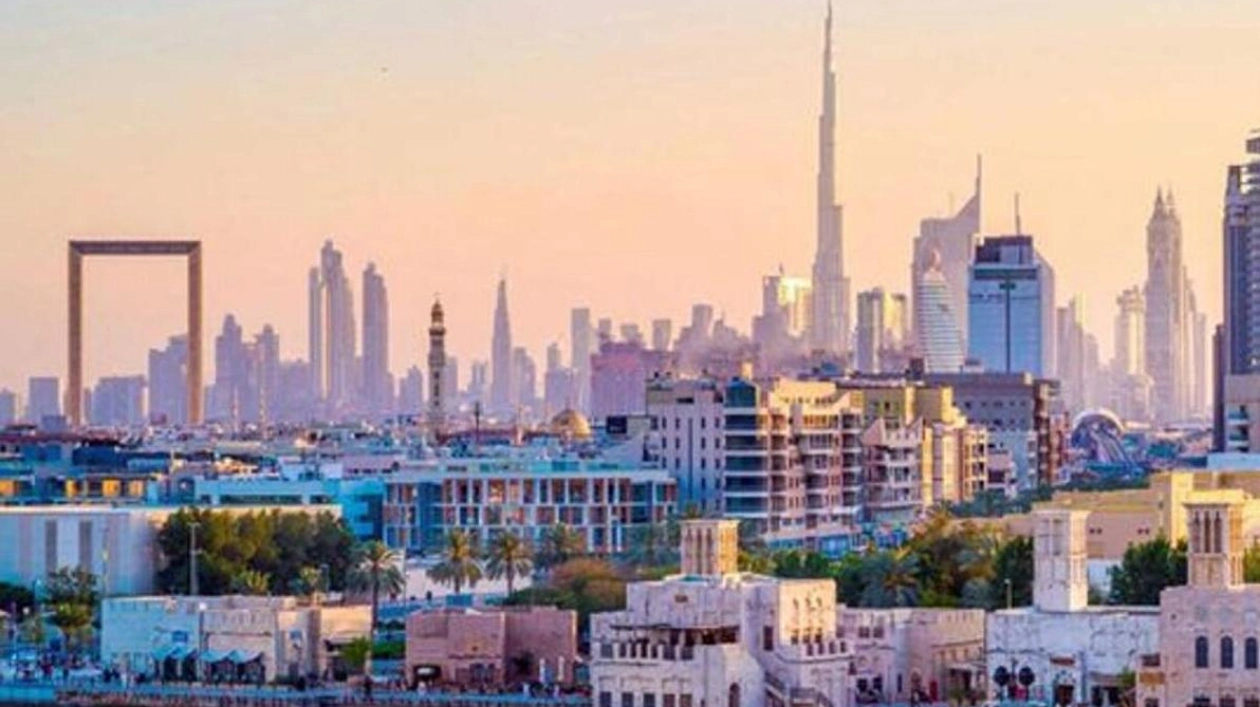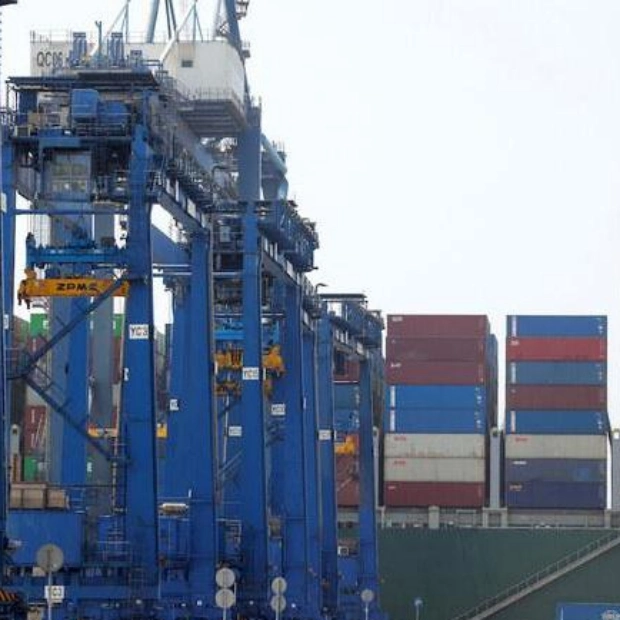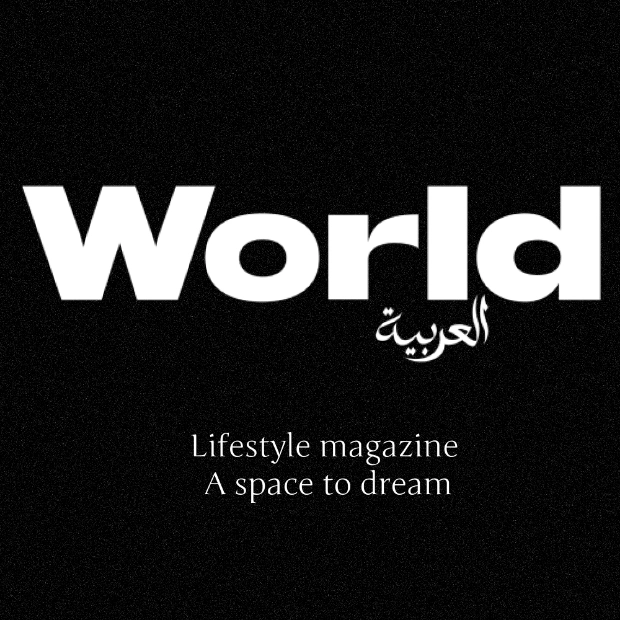The UAE is poised to lead the Middle East and Africa in economic growth for the second year running in 2025, with expectations of receiving $15 billion (Dh55 billion) in portfolio flows, according to the Institute of International Finance (IIF).
The IIF noted that the UAE's position as a regional financial hub and its diversified economy are key factors driving this growth. The country remains the primary destination for foreign direct investment (FDI) inflows in the region, attracting around $30 billion in 2023, which represents 6% of the UAE's GDP—the highest among emerging economies.
Marcello Estevão, Managing Director and Chief Economist at IIF, attributed the strong appeal of the UAE to international investors to a series of strategic reforms. These include allowing 100% foreign ownership in specific sectors, enhancing intellectual property protections, and simplifying licensing procedures.
Estevão projected that the UAE's GDP will grow by 4.0% in 2024 and 5.1% in 2025, marking the highest growth rates among Middle Eastern and African countries. The Central Bank of the UAE has also introduced comprehensive regulations to oversee digital currencies, which has helped attract global investors and boost confidence in digital currency markets.
The current account balances of the UAE, along with Qatar and Kuwait, are expected to remain in substantial surpluses, although smaller than in 2023-24. The six Gulf Cooperation Council (GCC) countries have managed to navigate the global landscape and regional conflicts effectively.
However, the large current account and fiscal surpluses that previously cushioned past shocks have started to narrow due to falling oil revenues and significant investment-related imports needed for economic diversification. IIF economists predict that overall growth in the GCC will rebound from 0.9% in 2024 to 3.5% in 2025, as oil production cuts gradually unwind beyond the first quarter of 2025.
Significant progress has been made in improving the business climate, particularly in Saudi Arabia and the UAE, which together account for 75% of total GCC output. The diversification of GCC economies away from oil is evident, with the hydrocarbon sector's contribution to real GDP steadily declining. Digitalisation and artificial intelligence continue to play a crucial role in the economic diversification strategy.
Source link: https://www.khaleejtimes.com






